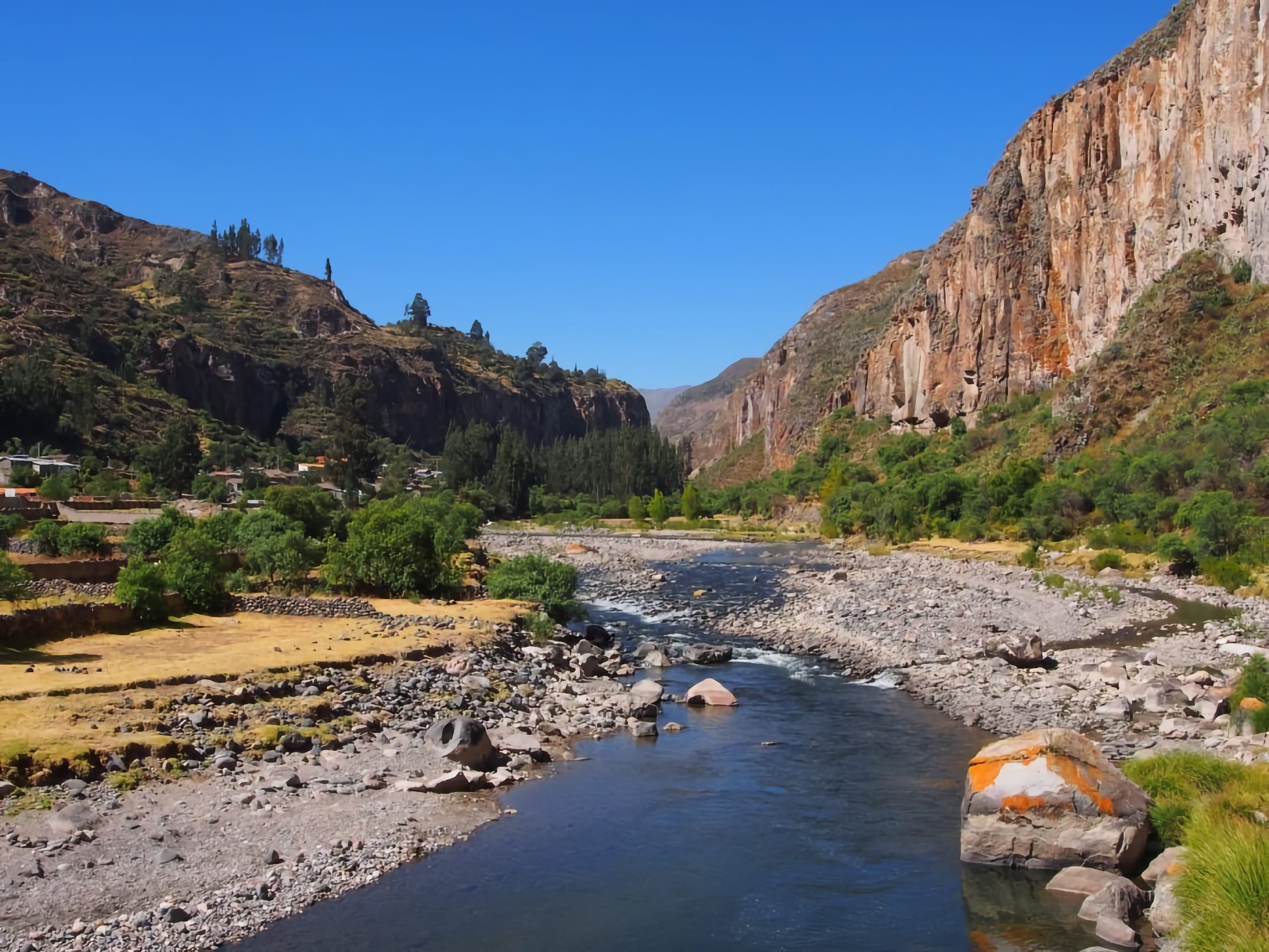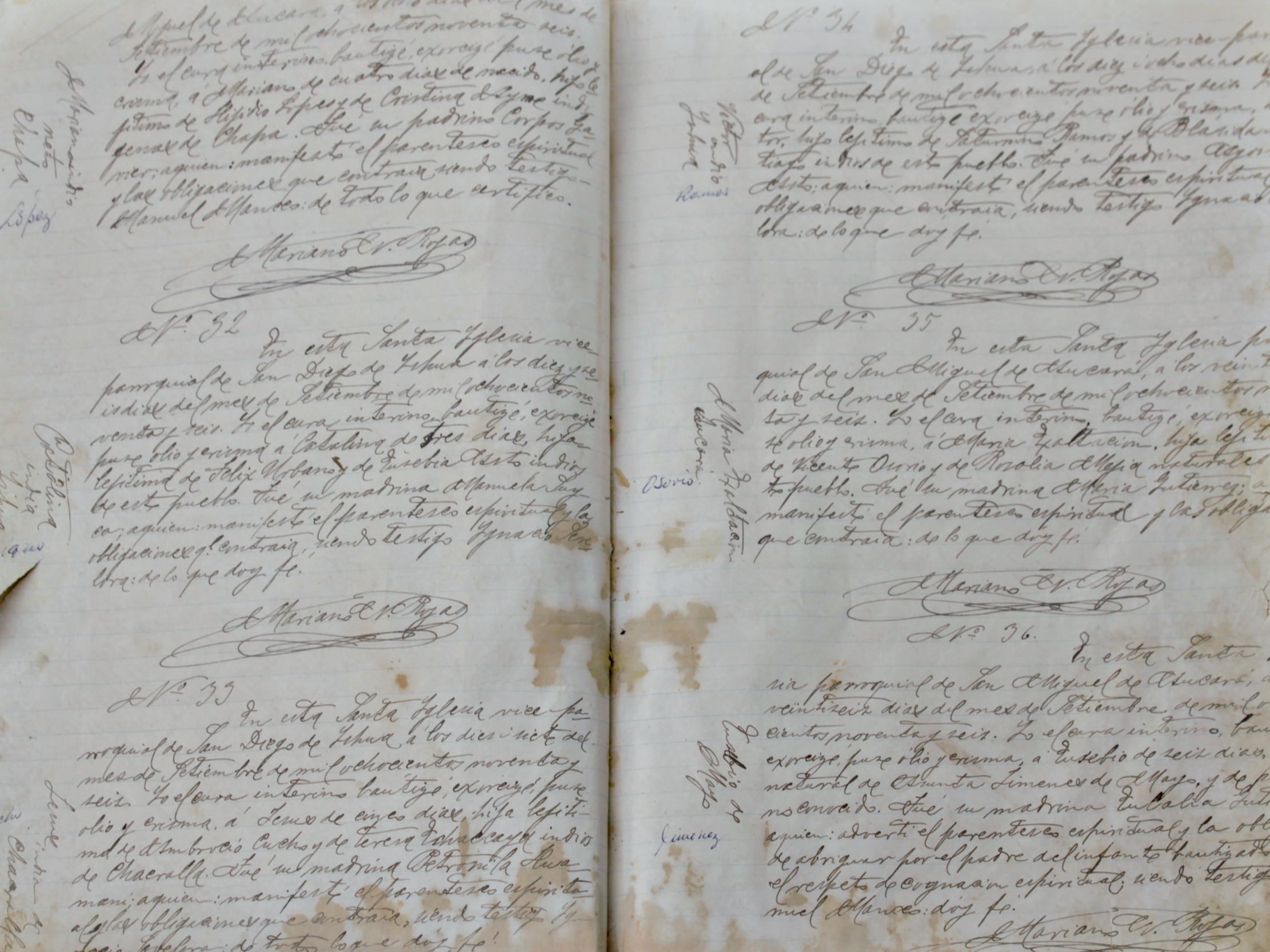Our project aims to produce a digital archive of historical documents pertaining to the Sondondo Valley in southern Peru. These documents were produced from the 16th to the 20th century by the Catholic church, the Spanish colonial state, the Peruvian state after independence, and local peasant communities. Our project aims to describe, organise, and make available these materials, and to produce a dataset from their contents, in a way that makes these materials useful to the people of Sondondo, the broader public, and academic researchers.
The Sondondo Valley is a region of the south-central Andes of Peru that was subjected to extreme political violence from the 1980s to 2010. During that time, its population, overwhelmingly rural and Indigenous, were caught between Shining Path insurgents that envisioned an authoritarian state and the Peruvian Armed Forces. Thousands of people died, many others fled the area, and still others had their property destroyed or were forced to abandon their homes for several years. Archives and other forms of historical patrimony were left exposed to loss and destruction.

In 2021-2022, with the participation and authorization of local people, a research team supported by the French Institute of Andean Studies travelled through the valley identifying and digitizing archival material held in public and private repositories, within Sondondo and beyond. Digitized materials comprise mainly parish records — that is, records of births, deaths, and marriages — as well as materials pertaining to the administration of the parishes themselves; records of the colonial head taxes that all indigenous people were forced to pay, and of the labour drafts that all adult men were forced to participate in periodically in mercury mines; materials documenting land tenure distribution; investigation into the conduct of parish priests; minutes of local community meetings; papers of local magistrates (Justices of the Peace); among others. This was a phenomenal effort of cultural rescue, and an important first step in safeguarding and restoring these communities’ materials.
In 2022-24, a multinational team of scholars transcribed over 10,000 parish records, which provide a window into the region’s social, cultural, and demographic history. Since then, we have been cleaning up this dataset to identify individuals and relations between them, in order to uncover and explore social and economic networks, historic demographic patterns, and broader trends that shaped the history of the region such as migration and epidemics.
To learn more about the first two phases of this project, see the French Institute of Andean Studies website. On the second phase, see the Imagining Futures website.
Images: A sample opening from a parish register, © French Institute of Andean Studies (top); a view of the Sondondo Valley, © Evelyne Mesclier (middle).

